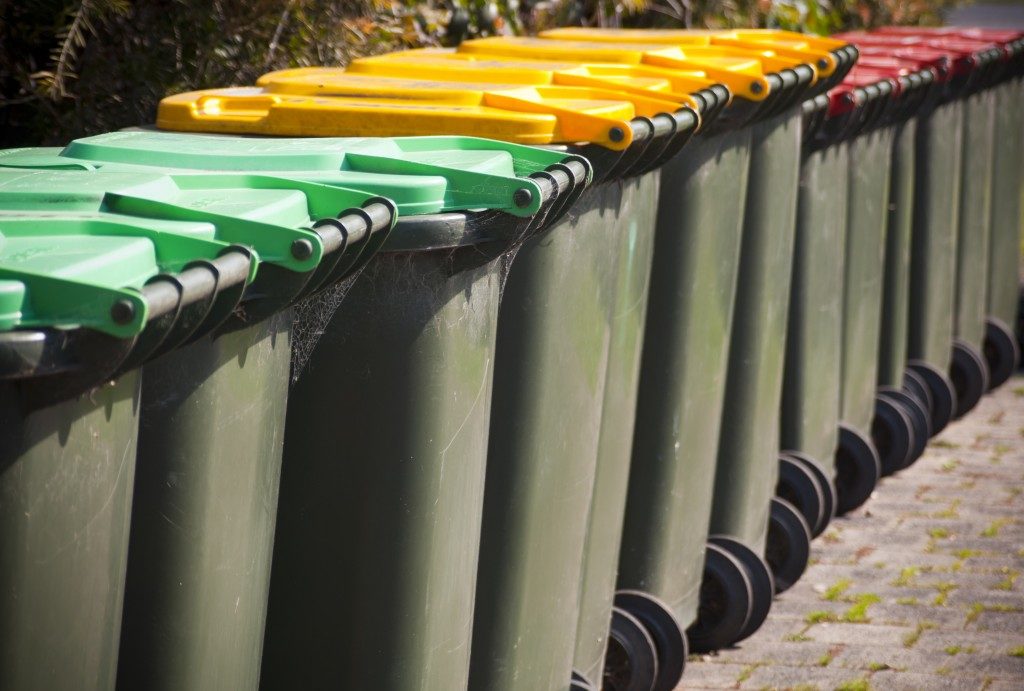Every day, we deal with our daily waste and how to dispose of it properly. That is why it is important to practice proper waste disposal due to several reasons. For one, proper waste segregation keeps everything organized. Also, it prevents the spread of diseases and keeps our surroundings clean and as germ-free as possible.
In Sydney, waste management is important, whether in residential, commercial, and industrial aspects. As mentioned, proper waste disposal keeps everything organized and clean. After all, it is our responsibility as sensible humans to clean up after ourselves and ensure a cleaner environment we are living in.
Types of wastes
In general, all wastes are either solid or liquid. The former pertains to any type of garbage that is produced in homes and in the workplace. Among these include fruit peels, old newspapers, unused tires, and more.
The latter, on the other hand, refers to waste in liquid form. This includes wastewater from the laundry and the like. However, the two are classified into different categories. Among known types of wastes include the following.
Hazardous waste
This type of waste can be potentially harmful to the public and even to our environment. Some hazardous wastes can be corrosive, flammable, and toxic when it comes into contact into the skin or consumed. It should follow a specific disposal method to ensure it won’t cause harm to people and our surroundings.
Recyclable waste
This refers to waste that can still be repurposed or reused into different things. Among these include plastic containers (water bottles), soda cans, glass items (old bottles), and products made from paper (old newspapers, magazines, etc.). Recycling waste is a sustainable way to use products and re-made into a new product. It also lessens environmental wastes and reduces carbon footprint.
Organic waste
This includes wastes such as vegetable and fruit peelings, grass trimmings, and even animal poop. It can be used as compost and natural fertilizer instead of using chemical ones for our gardens.
Starting waste management in your home

Waste management seems like a big word and a huge burden for all of us. However, it is the right thing to do, and it is actually easier and simpler to do. Here are some tips for managing and reducing wastes effectively.
1. Use eco-friendly bags while shopping.
Eco-bags are usually from canvas or cloth and are very useful when you go shopping. For one, it reduces the amount of waste you bring in your home. Plus, a lot of eco-bags have stylish designs you won’t feel awkward to bring along. Some groceries and retail stores also sell eco-bags, so take that opportunity to buy one for your own use.
2. Turn food waste into compost.
Instead of throwing fruit peels and leftover food into the trash can, turn them into compost. It lessens the use of chemical fertilizers that can harm the environment and even your health.
3. Avoid using plastic containers as much as possible.
If you have to, make sure not to throw them away. Instead, you can bring them to a recycling facility or reuse them in your home as extra containers for kitchen or office knick-knacks.
Managing waste can be a huge responsibility, but it should be done. Also, it should be a cause of burden for us. Rather, we should think about the benefits of waste management as a major step to improve our lives and to ensure the welfare of our environment.

